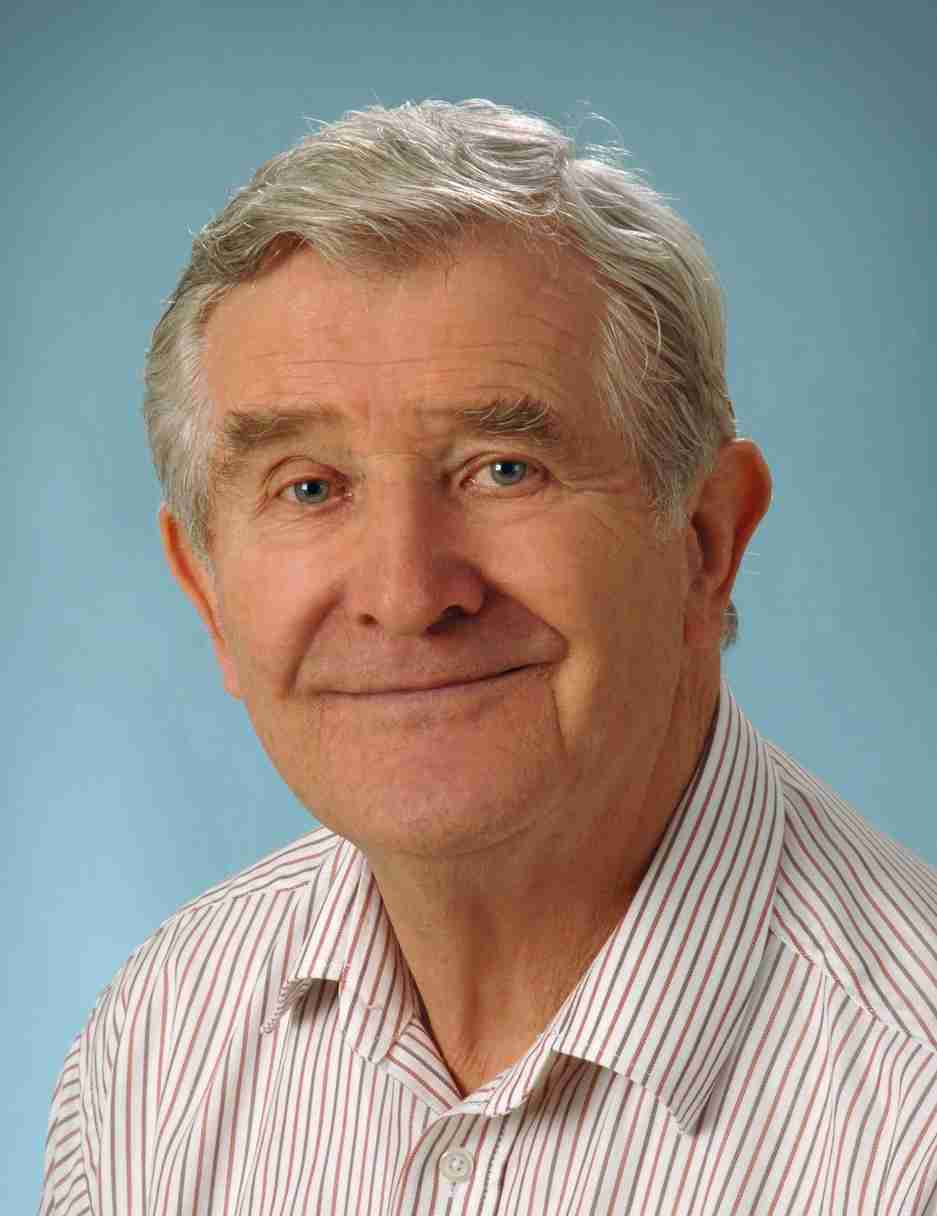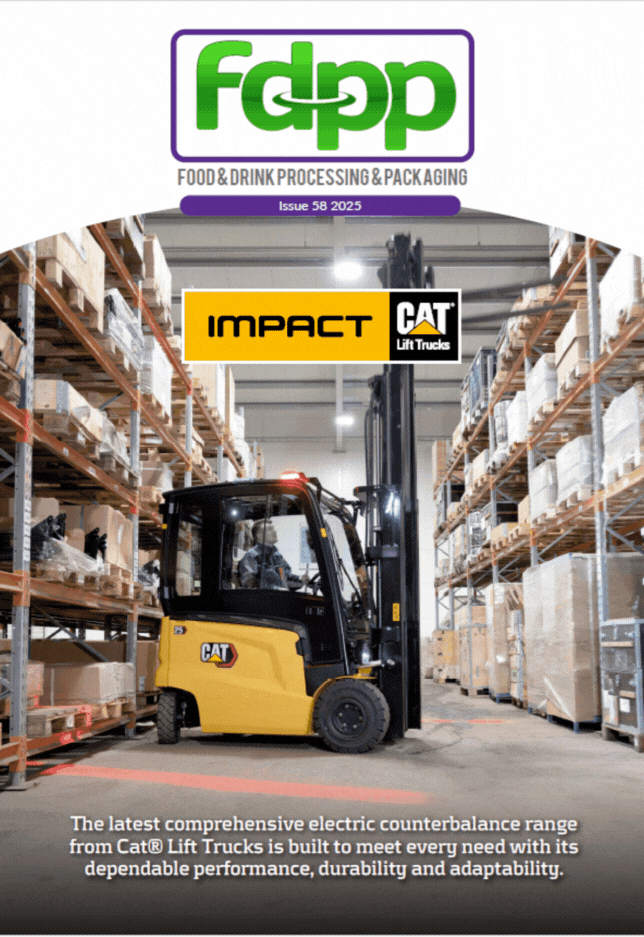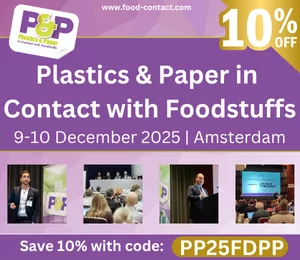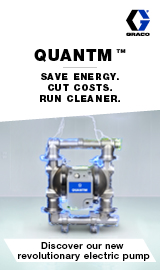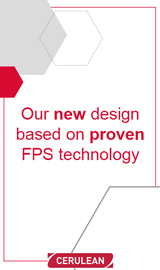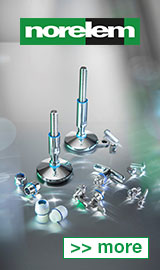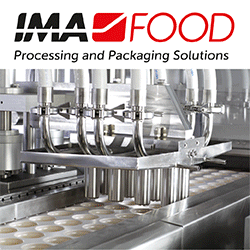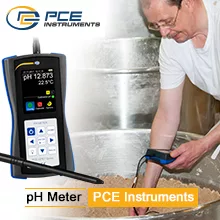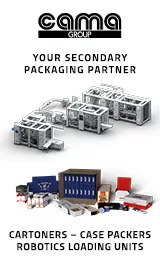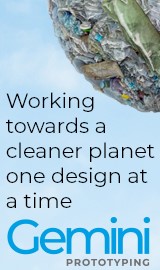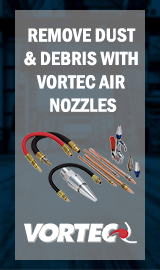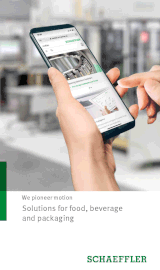Food and drink production costs.
World-wide food and drink producers seem to avoid accepting technologies which would reduce their costs, thinking that they are already doing the best.However, for over 20 years Richard Chambers GmbH has been offering technologies which optimise the costs of energy and wear on the production equipment, without endangering the quality of production and distribution.
Production is largely with equipment which uses electricity, mostly to drive motors, and all such machines run under constantly changing loads on their motors. What Chambers offers here is the Powerboss, a programmable device which, among other things, checks ever 80th of a second how the motor is loaded, and gives it just enough electricity to maintain its speed. With food production, with grinding, chopping, mixing, filtering, vacuum processing and filling, such changes in power requirement are considerable, so also the saving potential is well worth ensuring. Total savings vary from product and process considerably. One extreme achieved, with mixing chocolate, was just 65%, but no other has ever been less than 30%, in the whole world, with the Powerboss to achieve. This device has also further programmable functions, such as soft-start, which massively reduces the damaging shock an electric motor otherwise inflicts on what it is starting to drive. Also, it can among other things detect when a pump runs dry, or a conveyor jams, and then stops.
Once produced, much food needs to be stored cool, and the Powerboss also reduces cost of the cooler unit, normally by at least 16%.
And it also will require distribution, which means mostly road transport, and for over 25 years, Chambers has been dealing with a unique friction reduction product, SX-6000, also for the motors and gears of vehicles. International standard tests have confirmed that its reduction of friction reduces wear by up to 88%, and in cars, trucks and buses fuel consumption is reduced by at least 8%, and 50% less oil is burned. This means also a considerable contribution to the environment, and together with the reduced wear the total reduction in costs has led with truck and bus firms to considerable expansion without any help from their banks.
The investments in Chambers’ products is always rewarding, normally with a ROI of at least 700%. For one product it is always far more. When polymer oil seals lose their plasticisers, and oil dripping starts, a “proper” repair requires stripping the device, and so loss of production time and high costs. For instance, when a car’s power steering unit starts to drip, it normally has to be replaced, at a cost of at least 1000€. But the quantity of LecWec, just poured into the leaking device, needed to regenerate the oil seal, is only 12€, and then the unit will then remain dry far longer that a new unit could. Readers should not be put off by the lies they could be told in workshops which resent the loss of turnover, which also can happen with SX-6000.
Over the last ten years, Chambers has been awarded a number of international awards for what he does with his products for cost saving and the environment, and his business, housed in Germany, continues to expand internationally, including 2 massif projects in China, to make the buses environmentally friendly and to save electricity.


